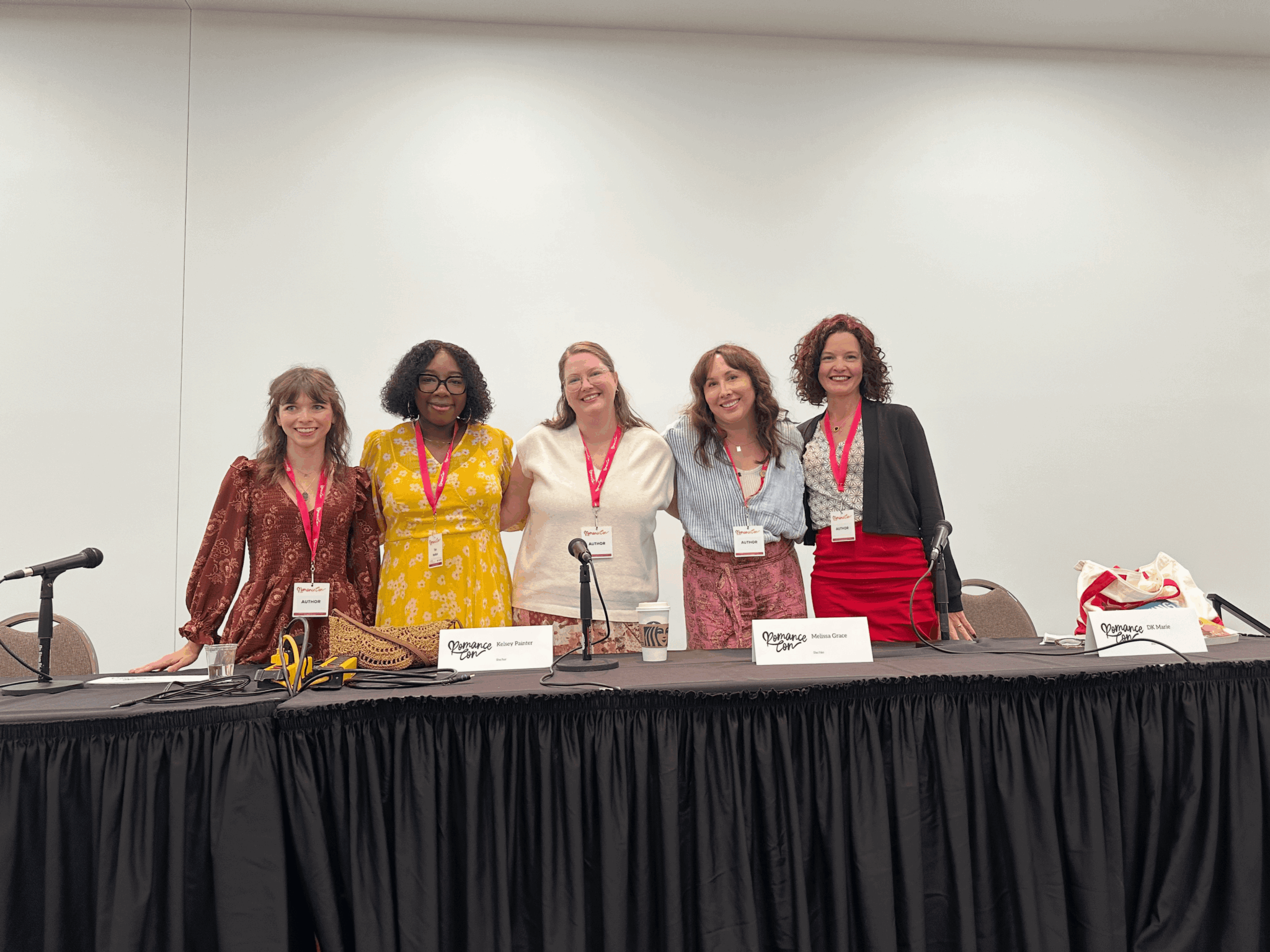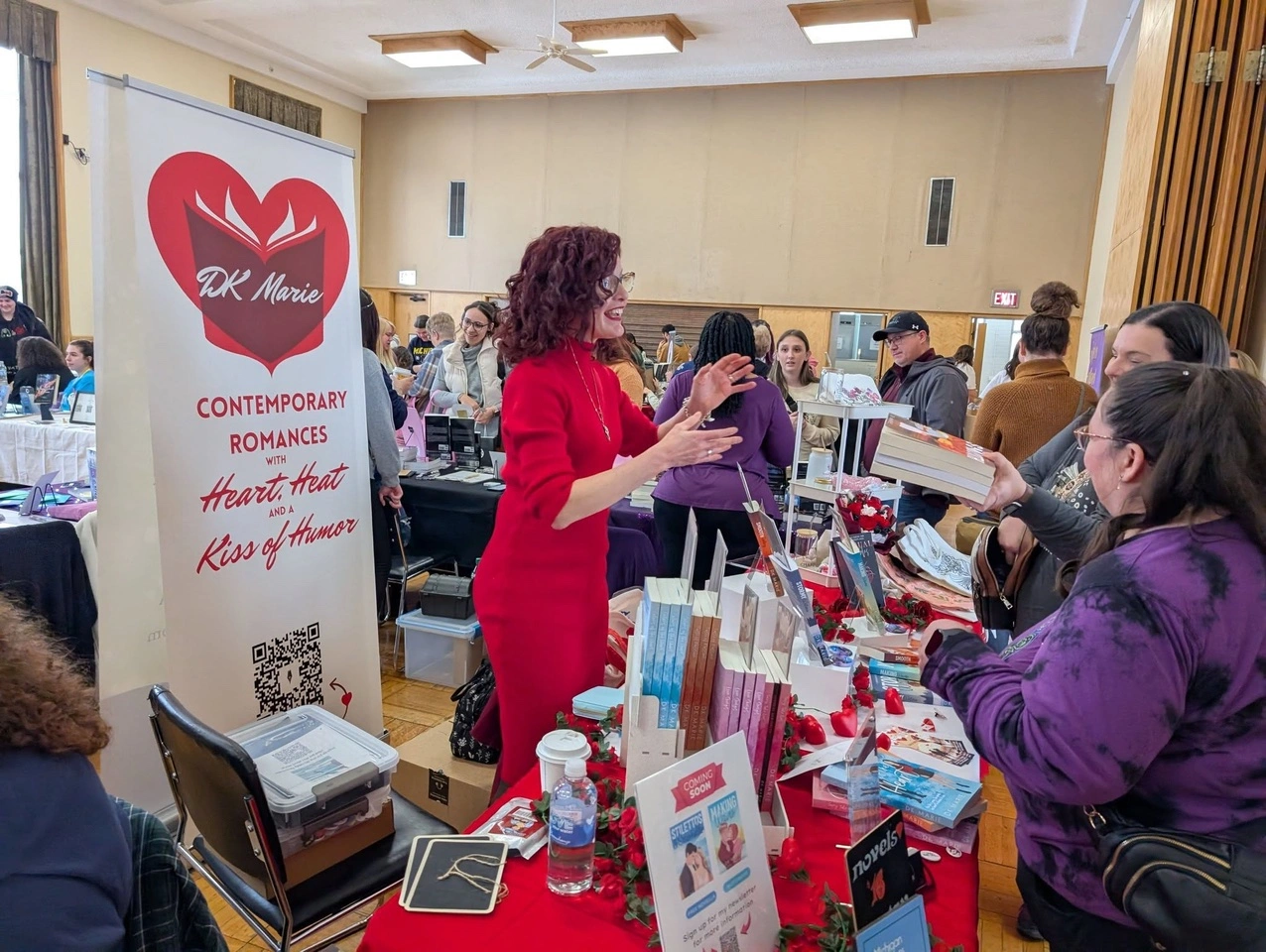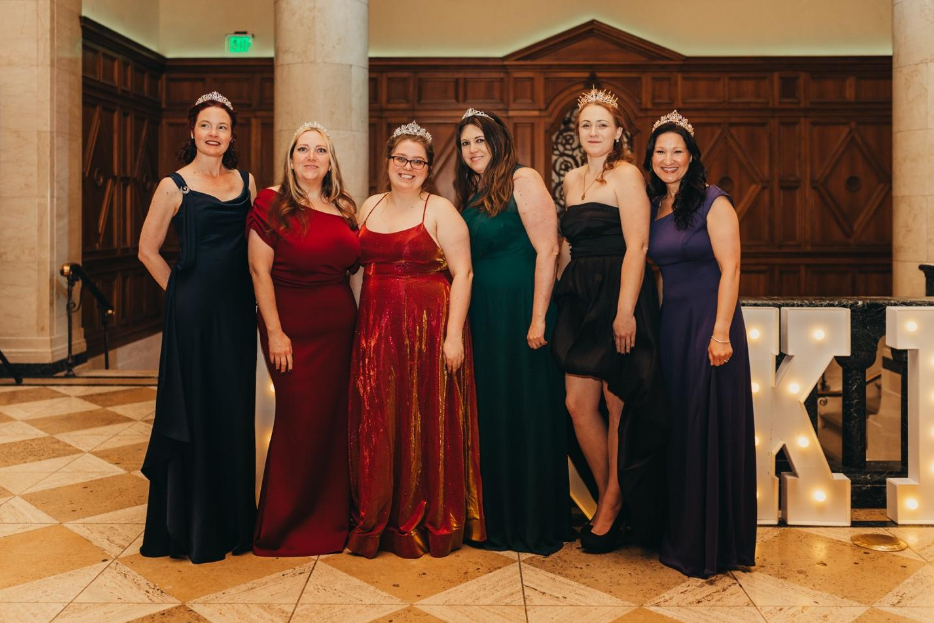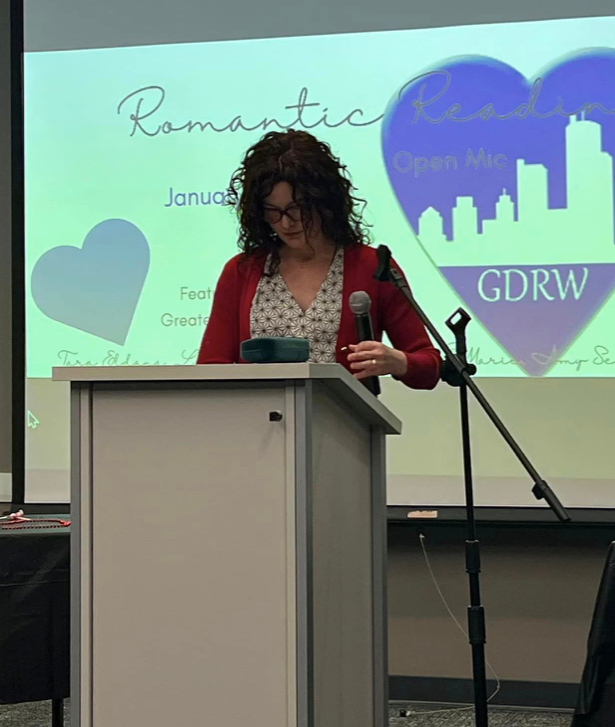Alright – so today we’ve got the honor of introducing you to DK Marie. We think you’ll enjoy our conversation, we’ve shared it below.
DK, looking forward to hearing all of your stories today. It’s easy to look at a business or industry as an outsider and assume it’s super profitable – but we’ve seen over and over again in our conversation with folks that most industries have factors that make profitability a challenge. What’s biggest challenge to profitability in your industry?
The biggest challenge to profitability in my industry is a toxic mindset that pervades both the industry and society at large: the romanticized notion that artists must be starving to be authentic, and that financial success somehow compromises artistic integrity. This ‘starving artist’ mythology creates a perfect storm of self-sabotage.
Writing requires mastering two completely different skill sets. First, there is the craft of storytelling and then the business of publishing. Both demand significant time, energy, and financial investment. As an author, I have the real costs of professional editing, cover design, marketing materials, and countless hours that could be spent earning income elsewhere. Whether I’m traditionally published or indie, there are substantial expenses, either upfront or deferred through lower royalty rates.
Yet throughout this entire process, there’s this persistent undercurrent that treating my art as a business somehow makes me less of a ‘real’ artist. Writers internalize this message and undervalue our work, undercharge for our services, or feel guilty about marketing ourselves effectively. We’ll spend years perfecting our craft but resist learning basic business skills, as if that knowledge would taint our creativity.
The truth is, sustainable creativity requires sustainable income. When artists can’t pay their bills, they can’t focus on their art. The starving artist myth doesn’t create better art; it just creates fewer artists who can afford to keep creating.

DK, love having you share your insights with us. Before we ask you more questions, maybe you can take a moment to introduce yourself to our readers who might have missed our earlier conversations?
I am an author of contemporary romance. I’ve written seven novels, one novella, and one poetry book. I have three more books in the works that will be out shortly.
I started on this path with an idea of a story, about characters I want to see in stories that weren’t yet out there. Novels that focus on real people dealing with everyday challenges like career changes, family dynamics, or personal insecurities. My heroes are genuinely nice and supportive, and my heroines are strong women who aren’t afraid to show their flaws.
I dove in headfirst, having no idea what I was doing. My passion made up for my lack of knowledge. I wrote my first story. It needed lots of work, so I read up on the craft of writing. Then I began searching for an agent, found one, and she found a publishing house that wanted the series I was writing.
Both were positive experiences, but I wanted more control over my writing and marketing. So the next set of books I’ve indie-published.
In this case, my clients are my readers. I offer them entertainment and escapism, but more importantly, hope. Romances are about hope in love, a better life, and belief in oneself. That’s what I want readers to know they get when opening one of my stories. They will laugh, cry, and fall in love, but also be filled with hope. Without hope, laughter, and art, life is without color

Have you ever had to pivot?
Since going down the author path, I’ve learned a lot about pivoting. I’ve pivoted from traditional to indie publishing and am now considering becoming hybrid (both indie and traditional). I’m currently pivoting with what I write, but I’m trying paranormal stories and writing them with another author. At the start of this, I thought writing was about sitting in my writing cave and producing a book. I didn’t think it’d be getting in front of people and talking to them. That was a tough pivot to embrace, but it helped in other ways. For example, when I went indie, I had to factor in the upfront cost of publishing, Stunning covers, great editors, and marketing how I wanted it done is expensive. That meant getting a part-time job. Thankfully, in-person events got me comfortable talking in front of people, and I became a motorcycle coach who has to speak and ride in front of large groups. And that job, in turn, has made me nearly fearless talking about my books. Looking back, I’ve learned that pivoting isn’t just about changing direction; it’s about being willing to step outside my comfort zone and discover skills I didn’t know I had. Each pivot has built on the last, creating opportunities I never could have planned for.

For you, what’s the most rewarding aspect of being a creative?
The two most rewarding aspects are meeting people who love my stories and writing my novels. I’m a huge reader and have fallen in love with thousands of stories, and to know I’ve given the same gift to readers is an amazing feeling. The other is the comfort my stories offer me and others. Getting lost in my writing and with my characters is priceless. I love that feeling of hope, of knowing no matter what I put these characters through, they will find their way to happiness. We don’t always get that in real life, but they do in romances. And when I finish writing those stories, that hope and happiness stay with me, and I hope it stays with my readers.
Contact Info:
- Website: https://dkmarie.com
- Instagram: https://www.instagram.com/dkmarieauthor/
- Facebook: https://www.facebook.com/DKMarieAuthor
- Twitter: @DKMarieAuthor






